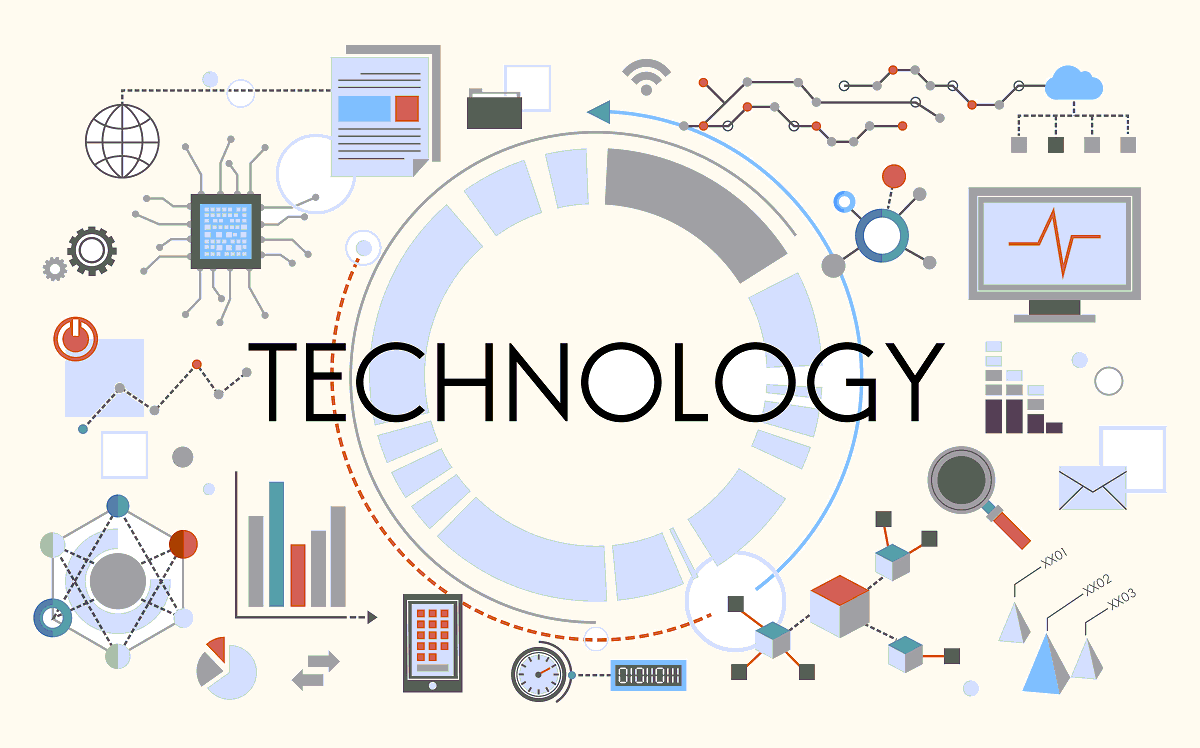
The Information and Communication Technology (ICT) sector has grown significantly in recent years, playing an increasingly important role in all aspects of our lives, including education, healthcare, commerce, and entertainment. However, as ICT continues to expand, so does its impact on the environment. The use of ICT has increased by approximately 7% annually, contributing to 2% of global greenhouse gas emissions. This raises the question of how the ICT sector can align with the goals of sustainability and reduce its environmental impact.
Overview of ICT and its impact on the environment
The ICT sector is a significant consumer of energy and resources. The production of electronic devices and the data centers that support them require large amounts of energy, water, and other resources. Additionally, the production process for these devices creates significant amounts of waste and pollution. The use of ICT also contributes to greenhouse gas emissions through the generation of electricity used to power devices and data centers.
Role of ICT in promoting sustainability and mitigating its environmental impact
Despite its environmental impact, ICT also has the potential to play a critical role in promoting sustainability. This is where the intersection of ICT and sustainability becomes relevant. By harnessing the power of technology, organizations can improve their sustainability efforts and reduce their environmental impact.
For example, ICT can be used to manage energy consumption in data centers, optimize supply chain management, and promote the use of renewable energy sources. It can also be used to improve resource efficiency and reduce waste in the production process. By using technology to monitor and control energy consumption, organizations can reduce their carbon footprint and make their operations more sustainable.
Case studies and examples of companies and organizations using ICT for sustainability
Microsoft is one such company that is using ICT for sustainability. The company has committed to being carbon negative by 2030, using its technology to reduce its own carbon footprint and help customers reduce theirs. This includes investing in renewable energy, reducing its energy consumption, and using its products and services to help customers reduce their carbon footprint.
Another example is Google, which has implemented a number of initiatives aimed at reducing its environmental impact, including the use of renewable energy and the optimization of its data centers. The company has also launched an initiative called "Project Sunroof", which helps households switch to solar energy.
Latest trends and developments in the intersection of ICT and sustainability
The shift towards digital sustainability will require a multi-stakeholder approach, involving government, industry, and consumers. Governments can play a critical role in promoting the use of ICT for sustainability by implementing policies and regulations that encourage the use of technology for sustainable development. Industry can play a role by developing and deploying sustainable technology, while consumers can make a difference by choosing products and services that are environmentally friendly.
Future of ICT and sustainability and its potential impact on society and the environment
The future of ICT and sustainability is bright, with new technologies and innovations being developed every day. The continued growth of the ICT sector will drive innovation in sustainability, and the intersection of these two fields will play an increasingly important role in shaping the future of our society and the environment.
Conclusion
The intersection of ICT and sustainability presents both challenges and opportunities. While the use of ICT has a significant impact on the environment, it also has the potential to play a critical role in promoting sustainability and reducing its environmental impact. The latest trends and developments in this field, such as the shift towards digital sustainability and the use of technology for sustainable development, provide exciting opportunities for organizations and individuals to make a positive impact.
Information Technology




